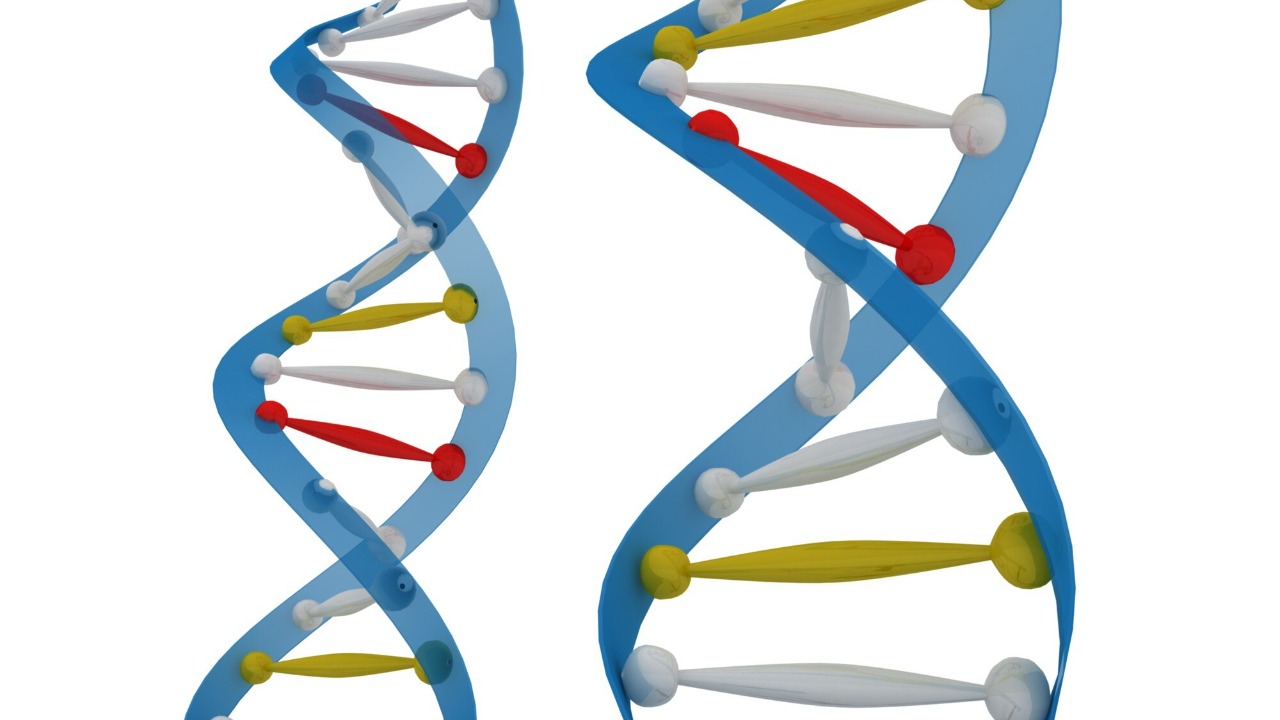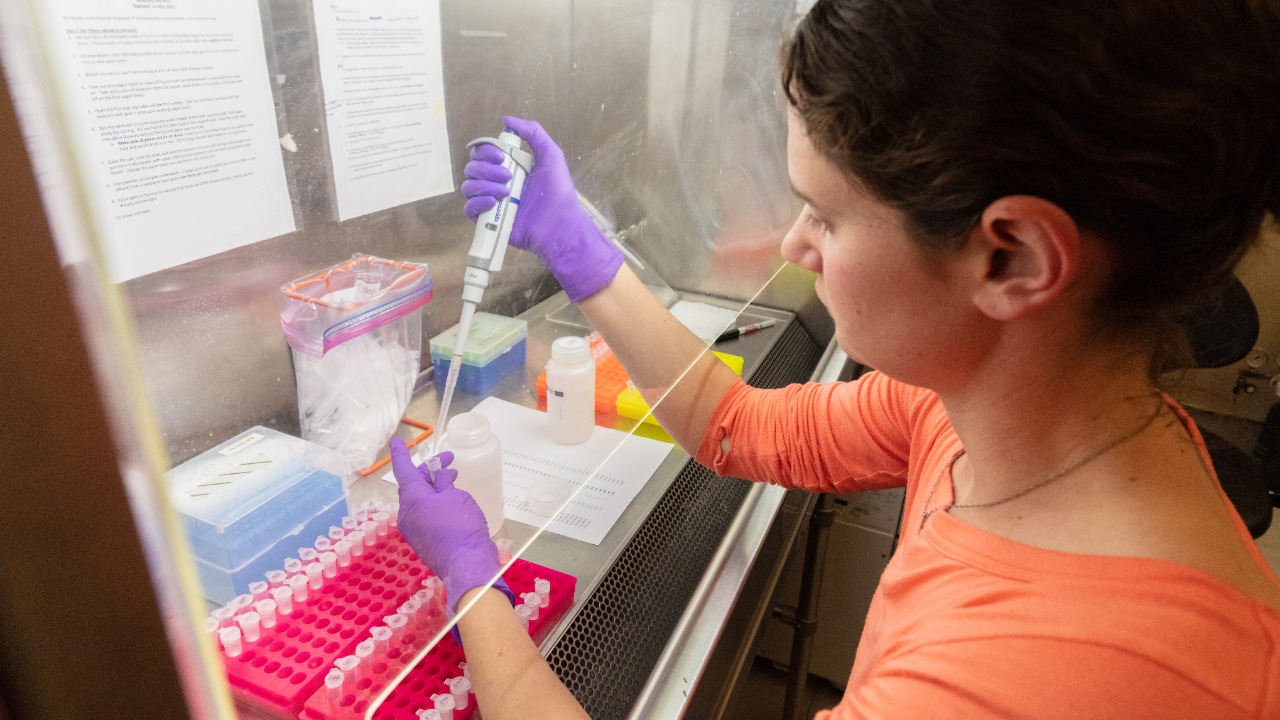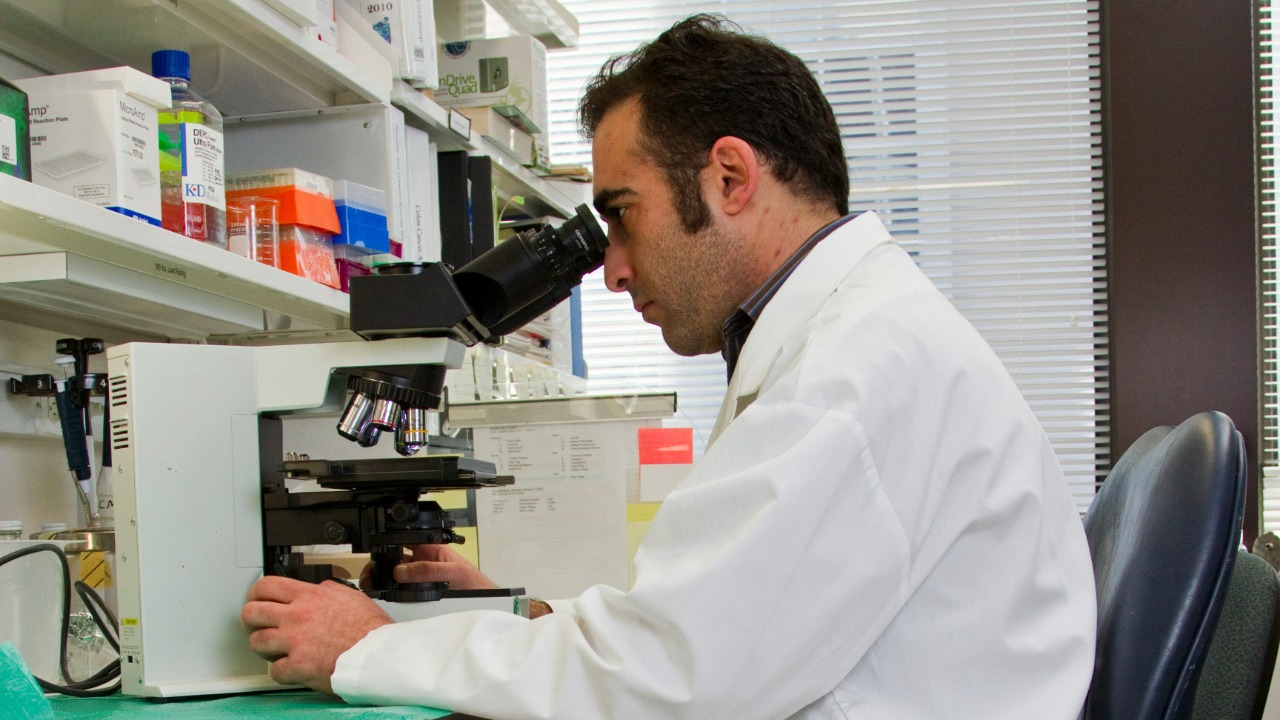
Recent advancements in genetic research suggest that the concept of genetic memory, once relegated to the realm of science fiction, may soon become a reality. By exploring the potential mechanisms behind genetic memory and its implications, scientists are beginning to understand how certain traits, behaviors, and even memories might be passed down through generations. This delves into the current research and what it means for the future of genetics.
The Science Behind Genetic Memory

Genetic memory is a fascinating concept that seeks to explain how information, experiences, and even emotions can be transmitted from one generation to the next without direct exposure. Theoretical foundations of genetic memory draw from research into muscle memory and inherited traits, suggesting that our DNA might carry more than just biological functions. Recent studies have observed phenomena where individuals demonstrate skills or preferences without prior learning, leading to a growing interest in the underlying genetic mechanisms at play.
Epigenetics, the study of changes in gene expression that do not involve alterations to the underlying DNA sequence, is increasingly seen as a key mechanism in genetic memory. Epigenetic markers, such as DNA methylation and histone modification, can be influenced by environmental factors and are capable of being passed down to subsequent generations. This suggests that experiences—ranging from trauma to environmental stressors—could leave biological imprints that transcend individual lifetimes. As researchers continue to explore these markers, the potential for genetic memory becomes more plausible.
Significant strides in this field have been made, with studies published in journals like Current Biology and Science. These studies have provided compelling evidence supporting the concept of genetic memory, showcasing how certain experiences can indeed influence future generations. For instance, research involving animal models has demonstrated that stress responses can be inherited, offering a biological basis for the transgenerational transmission of memories and behaviors.
Current Research and Discoveries

The landscape of genetic memory research is rapidly evolving, with recent experiments yielding groundbreaking outcomes. A notable study delved into how inherited memories of trauma could be encoded in DNA, revealing that mice exposed to specific stressors could pass on altered stress responses to their offspring. Such findings highlight the profound impact of environmental influences on genetic makeup, suggesting a complex interplay between nature and nurture.
Noteworthy case studies have emerged from leading research institutions, casting light on the real-world implications of genetic memory. Publications like the Seattle Anxiety Clinic and The Guardian have detailed instances where individuals appear to inherit memories of ancestral experiences. These case studies provide tangible evidence of genetic memory in action, sparking conversations about its potential applications and ethical considerations.
Technological advancements are playing a crucial role in unraveling the mysteries of genetic memory. New techniques in genetic sequencing and manipulation are enabling scientists to explore the intricacies of DNA with unprecedented precision. By leveraging these technologies, researchers can now identify specific genetic markers associated with inherited memories, paving the way for a deeper understanding of how experiences are encoded and transferred across generations.
Challenges and Controversies

Despite the exciting prospects, the field of genetic memory research is not without its challenges and controversies. Scientific skepticism abounds, with critics questioning the feasibility of transmitting complex memories through genetic material. Some argue that while traits and behaviors might be influenced by epigenetic factors, the notion of inheriting detailed memories remains speculative and lacks definitive proof.
Furthermore, misunderstandings and myths surrounding genetic memory have contributed to public confusion. Articles from The Guardian and Seattle Anxiety highlight common misconceptions, such as the belief that specific memories can be directly inherited without considering the broader context of genetic and environmental interactions. Addressing these misconceptions is crucial for advancing the discourse and ensuring that the public is informed about the true potential and limitations of genetic memory research.
Ethical considerations also loom large in the discussion of genetic memory. The potential to manipulate genetic memory raises moral dilemmas about the implications of altering inherited experiences. Questions about consent, privacy, and the long-term effects of such interventions must be carefully considered as researchers navigate the ethical landscape. Balancing scientific progress with ethical responsibility remains a pressing challenge for the field.
Implications for the Future

The potential applications of genetic memory research are vast and varied, promising to revolutionize fields such as medicine, psychology, and education. In medicine, understanding the genetic basis of inherited stress responses could lead to novel treatments for trauma-related disorders. Personalized interventions tailored to an individual’s genetic makeup could enhance therapeutic outcomes, providing new avenues for healing and resilience.
In the realm of psychology, genetic memory has the potential to reshape our understanding of identity and heritage. The idea that experiences can transcend generations challenges traditional notions of individuality and prompts a reevaluation of how we perceive our connections to the past. This newfound perspective could influence educational approaches, encouraging a more holistic understanding of human development and the factors that shape behavior.
Looking forward, the future of genetic memory research holds exciting possibilities. As scientists continue to unlock the mysteries of genetic memory, the potential for groundbreaking discoveries remains immense. Speculation abounds about the extent to which we might one day fully harness the power of genetic memory, offering insights into the fundamental nature of human experience. This journey promises to be as transformative as it is challenging, with the potential to reshape our understanding of ourselves and our place in the world.